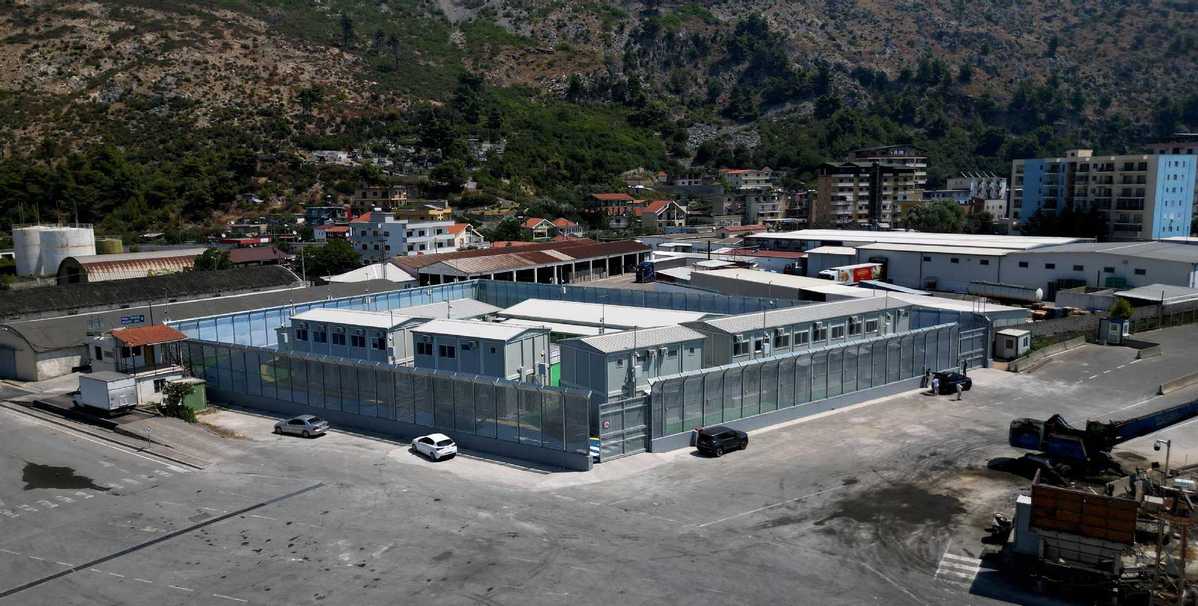Italy sees sharp drop in illegal migration


Italy has witnessed a dramatic decline in seaborne illegal migration so far this year, with the United Nations High Commissioner for Refugees, or UNHCR, reporting a significant decrease in asylum-seeker arrivals compared to last year.
New UNHCR figures revealed this week show a 62 percent drop in potential refugee arrivals to Italy this year, with about 35,700 people reaching the country as of Sunday, compared to more than 94,000 during the same period last year.
Italy had previously seen a consistent rise in arrivals since 2020, with numbers climbing from more than 67,000 in 2021 to more than 105,000 in 2022, peaking at nearly 158,000 last year — the highest yearly total since 2016.
The trend toward decline has been attributed to deterrent policies implemented by Prime Minister Giorgia Meloni's government, according to the Italian newspaper Il Giornale.
Meloni, who was elected Italian prime minister two years ago, campaigned on a promise to curb the influx of migrants into the country.
Last year, the southern Italian island of Lampedusa was the hardest hit of all landing sites, with about 120 boats carrying between 6,000 and 7,000 migrants arriving on the island on a single day in September.
Top destination
But even with this year's decrease, Italy continues to be the primary destination for migrants, with Spain receiving more than 30,000 arrivals and Greece more than 28,000, placing them second and third respectively, UNHCR data show.
Tackling the migrant crisis is a politically divisive issue for the European Union's 27 member states ever since more than a million people reached European shores in 2015.
The New Pact on Migration and Asylum, set to take effect in 2026, outlines EU-wide rules for handling unauthorized entries, including screening and deportation procedures.
However, this reform does not offer an immediate solution to the ongoing crisis that has deeply divided EU nations over migrant responsibility and burden-sharing obligations.
While the bloc attempts to address the issue, critics argue that measures taken, such as the EU's deal with Tunisia that includes assistance to better police the border and prevent migrants without papers from reaching Europe, have negatively impacted tens of thousands of migrants trapped in Tunisia, Sky News reported.
On Sunday, the United Kingdom saw a record-breaking influx of more than 700 migrants crossing the Channel seaway to Britain in small vessels, marking the highest single-day arrival since Prime Minister Keir Starmer assumed office with a pledge to combat human trafficking.

































